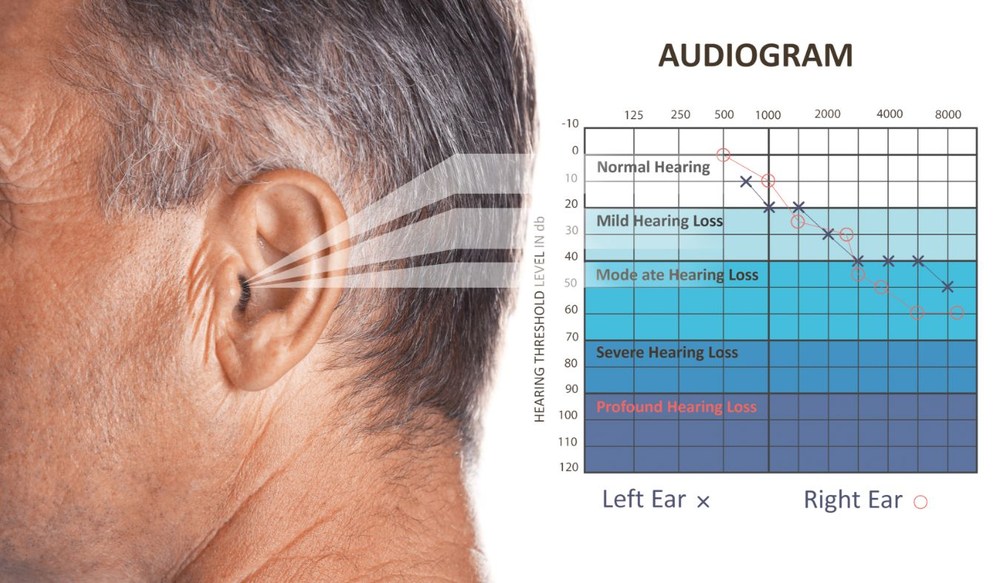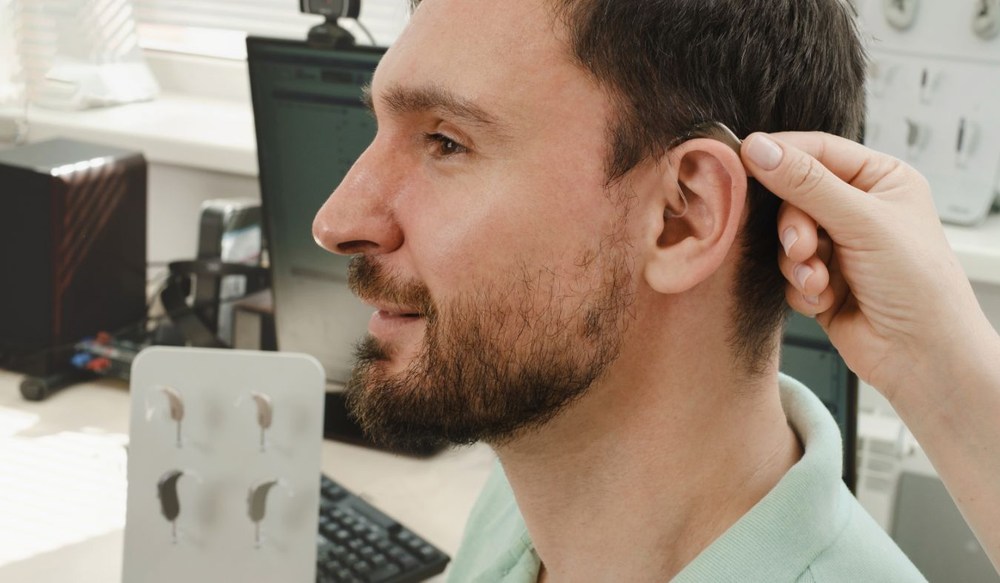How Hearing Tests Can Detect Early Signs of Health Issues
Your ears can tell a surprising story about your overall health. While we


Your ears can tell a surprising story about your overall health. While we

Cold and flu season brings extra challenges when you wear hearing aids.

Living in a world of sound is something most of us take for granted –